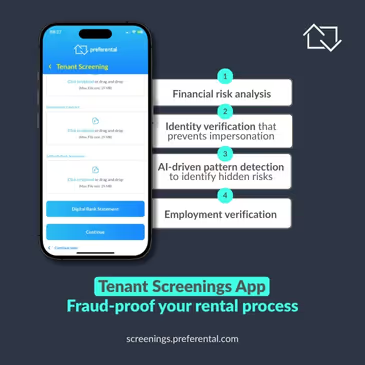Why Joburg’s R90m deal signals a new Urban Property Era
Top Takeaways
- Office-to-residential conversions are surging across key Joburg nodes.
- Vacancy pressures are unlocking value in older commercial assets.
- Young buyers and rental demand are reshaping inner-city investment.
The Shift: From Office Towers to Urban Living
A R90 million property deal in Parktown North has thrust Johannesburg’s growing office-to-residential conversion trend into the spotlight.
Concluded by Galetti Corporate Real Estate, the transaction sees a former Redefine-owned office block repurposed into affordable apartments, signalling renewed investor confidence and a market-wide rethink of urban real estate.
“This landmark asset is set to redefine inner-city living through smart, affordable residential conversions,” says Justin Thom, Director Advisory at Galetti. “It’s a strong indication of the growing demand for well-located, repurposed urban spaces in Johannesburg.”
Why conversions are gaining ground
In key urban nodes like Rosebank, conversions are gaining pace as developers and investors chase better yield and respond to evolving lifestyle needs. Young professionals and first-time buyers are fuelling demand for affordable, well-located apartments with proximity to work, transit, and amenities.
“Johannesburg remains South Africa’s economic hub, with strong demand for affordable and middle-income housing,” adds Thom
“Its diverse property landscape and strategic nodes continue to offer growth opportunities.”
Developments such as Oxford Parks, the Rosebank Fire Station redevelopment, and The Galleria are reshaping Rosebank into a 24-hour live-work-play precinct. Apartment prices here now rival Sandton and Melrose Arch, reportedly reaching R40,000/m².
The Market fundamentals behind the Shift
Conversion trends aren’t just about aesthetics or lifestyle, they’re grounded in hard numbers.
- Office vacancy rates in Gauteng hover between 14% and 16%, making it more viable to repurpose rather than retain.
- In Q1 2025, almost 40% of Joburg’s office property sales were motivated by conversion potential.
- A growing trend of investors capitalising on value-arbitrage opportunities in ageing, underutilised buildings.
“Investors are recognising the upside of repurposing older office buildings,” Thom explains.
“It’s a smart response to weaker office demand and rising residential appetite.”
Data-Driven Demand: Who’s Buying and Why
According to Lightstone, 53% of residential property owners in Rosebank have owned their homes for less than five years, a clear sign of accelerated turnover and growing demand. The majority are aged 18 to 49, showing strong traction among younger buyers.
This aligns with the city’s student housing boom and rising rental appetite. Institutions like Rosebank College are driving inner-city student migration, while South Africa’s student accommodation shortage is expected to exceed 780,000 beds by end-2025 (IFC, World Bank Group).
The Road Ahead for Johannesburg’s Inner-City Market
The Parktown North deal is not an isolated event, it reflects a broader strategic pivot in Johannesburg’s property market. With investor focus shifting to flexible, affordable, and income-generating assets, older office blocks are being reborn as residential goldmines.
“As investors zero in on high-potential nodes and re-purposable assets, conversions are becoming a defining feature of Johannesburg’s real estate future,” Thom concludes.
In a market once dominated by commercial giants, it’s now the blended-use, value-rich residential plays that are setting the pace and reshaping the city skyline in the process.












.avif)


.avif)

.avif)




.svg)






.avif)




















.avif)
